

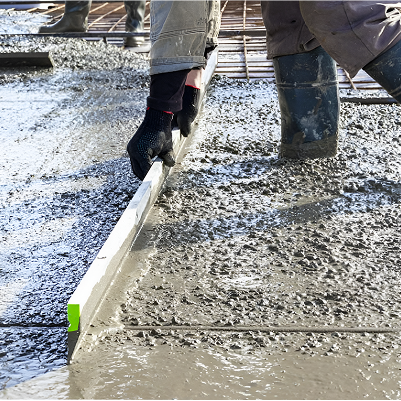
The foundation you choose is crucial When building your dream home in Australia. Have you considered concrete slabs? Known for their strength, durability, and cost-effectiveness, concrete slabs offer unbeatable benefits for Aussie homes.
Concrete slabs provide long-lasting protection and energy efficiency, whether in a humid region or with termites.
Let’s learn why concrete slabs are the top choice for Australian homes and how they can ensure a sturdy, cost-effective foundation for your new build or renovation.
Concrete slabs are flat, solid foundations made of reinforced concrete commonly used in Australian home construction. There are two main types: slab-on-ground, which sits directly on the earth and suspended slabs, which are elevated above the ground, often used when the soil conditions or terrain require extra stability.
Concrete slabs are popular for their strength, durability, and ability to withstand the region's varied climate, from heat to moisture. They are also an excellent choice for homes in termite-prone areas, as concrete is naturally resistant to pests.
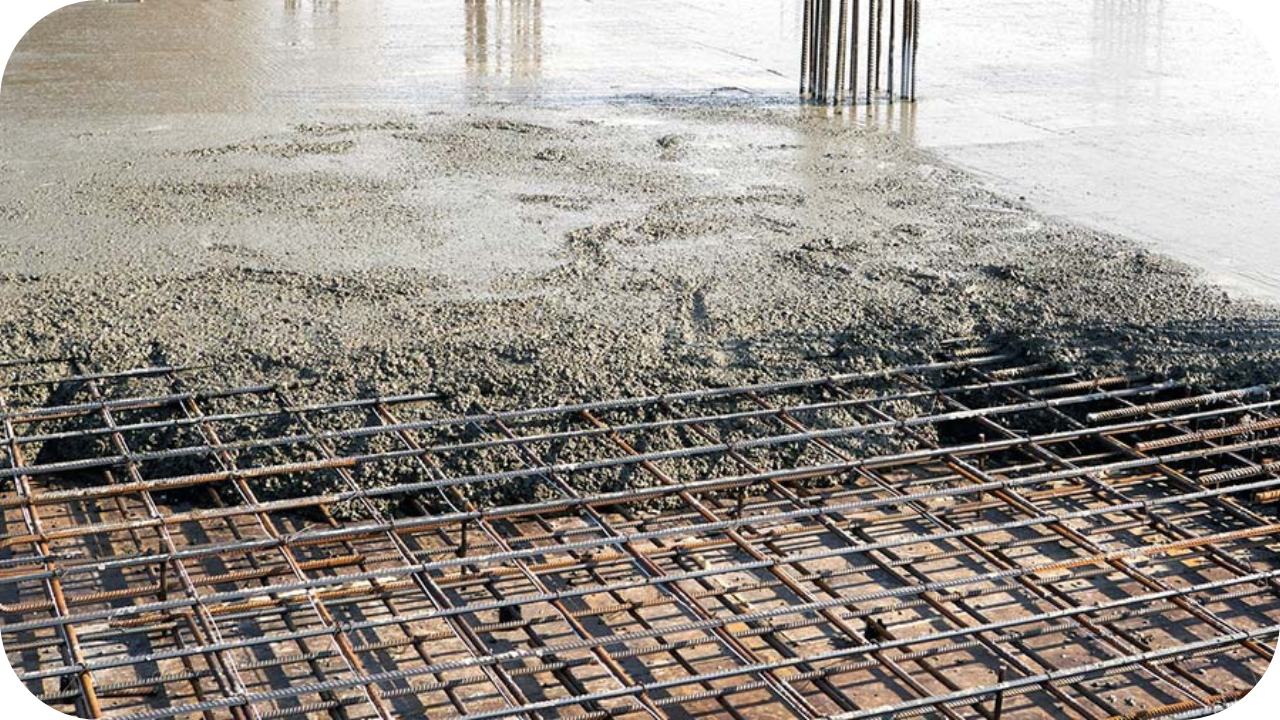
When building a home in Australia, selecting the proper foundation is crucial. Concrete slab foundations offer a range of benefits that make them a brilliant, long-lasting choice for Australian homeowners. Concrete slabs are the go-to option for a secure, comfortable, and cost-effective foundation from durability to energy efficiency.
Concrete provides unmatched durability and strength, essential for enduring harsh Australian conditions. Designed to withstand extreme heat, heavy rainfall, and significant stress, this foundation type is perfect for ensuring your home's long-term stability.
Unlike other foundations, concrete doesn’t shift or weaken over time, offering a solid and secure base for your home, year after year.
Concrete slabs are a highly cost-effective option for Australian homeowners. They are affordable both in terms of initial installation and long-term maintenance.
Their quick installation reduces construction time and overall costs, making them a more economical choice than alternatives. Since they require minimal upkeep, you save on repair and maintenance costs, resulting in significant savings in the long run.
The thermal mass properties of concrete help regulate indoor temperatures naturally. This means homes with concrete slabs stay cooler in summer and warmer in winter, resulting in lower energy consumption.
By reducing the need for heating and cooling systems, concrete slabs help lower utility bills. This energy efficiency makes them a popular choice for homeowners in Australia seeking a more comfortable and sustainable living environment.
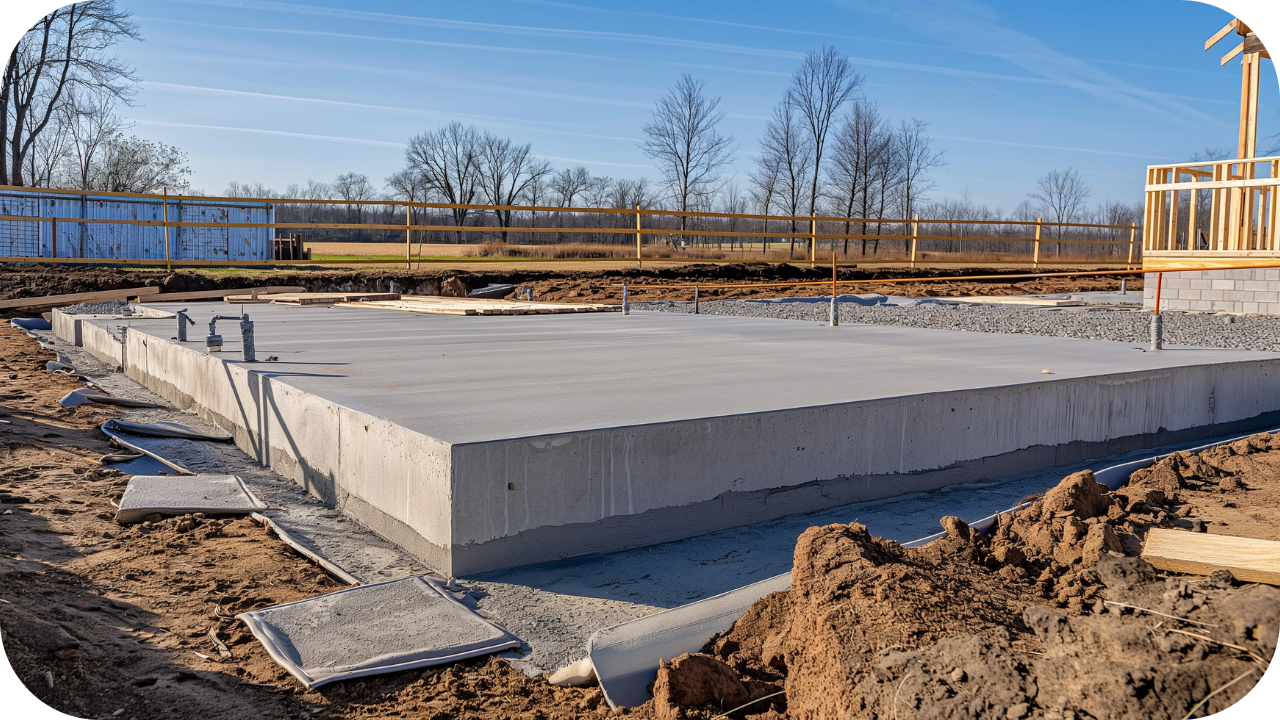
A concrete foundation enhances the structural integrity of a home by providing a stable and solid base. It helps evenly distribute the weight of the house, preventing uneven floors from settling over time.
Concrete’s strength ensures that your home can withstand external pressures, contributing to the overall safety and stability of the structure. With this reliable foundation, homeowners can feel confident in the lasting quality of their homes.
Building on sloping land can be challenging, but concrete slabs provide stability. These slabs can be levelled during installation, ensuring a stable foundation regardless of the terrain.
Unlike other foundation types, concrete slabs can be adapted to uneven or sloped ground without additional complexity or materials. This versatility makes them ideal for Australian properties with challenging land conditions.
Unlike timber foundations, concrete is naturally resistant to termites and pests. This makes it a much safer option for homes in areas with high termite activity.
Concrete slabs provide a solid barrier that prevents pests from compromising the structure of your home, reducing the need for chemical treatments or frequent pest inspections. With concrete, your foundation remains secure and pest-free for years to come.
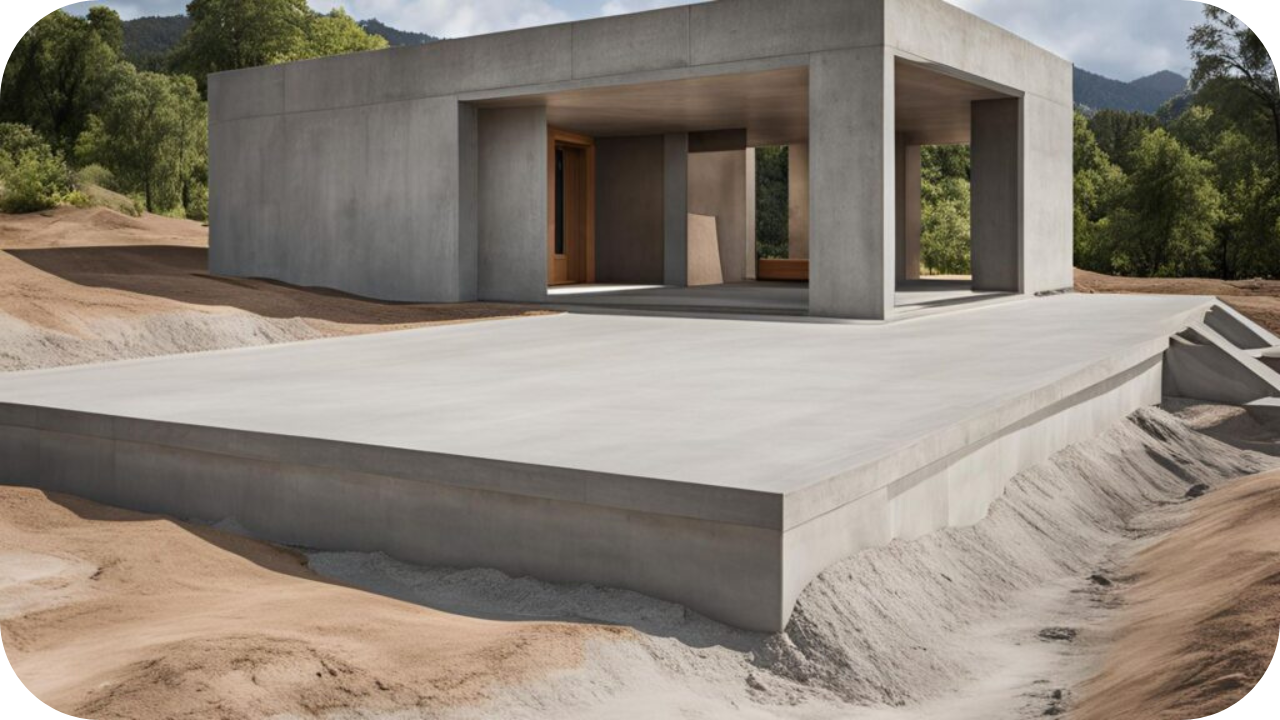
Installing concrete slabs is fast and efficient, reducing overall construction time. They require less site preparation than other foundation types, allowing the foundation to be poured directly on-site. This speed in construction saves time and reduces labour costs, making it a highly efficient solution for Australian homes, enabling homeowners to move in sooner.
Concrete naturally resists moisture, creating an effective barrier against rising dampness and water penetration. This is especially important for homes with heavy rainfall or high ground moisture.
Concrete slabs help reduce the risk of mould, mildew, and other damp-related issues by preventing moisture from seeping into the home. This moisture control improves indoor air quality and ensures a healthier living environment for homeowners.
Concrete is a highly sustainable material with a long lifespan and potential for recycling. Modern concrete production has become more eco-friendly, reducing its environmental impact.
By choosing concrete slabs, homeowners contribute to greener building practices. Concrete’s durability also means fewer resources are needed for repairs or replacements, making it an environmentally responsible choice for Australian homes.
Here are the potential challenges with concrete slabs and how to overcome them:
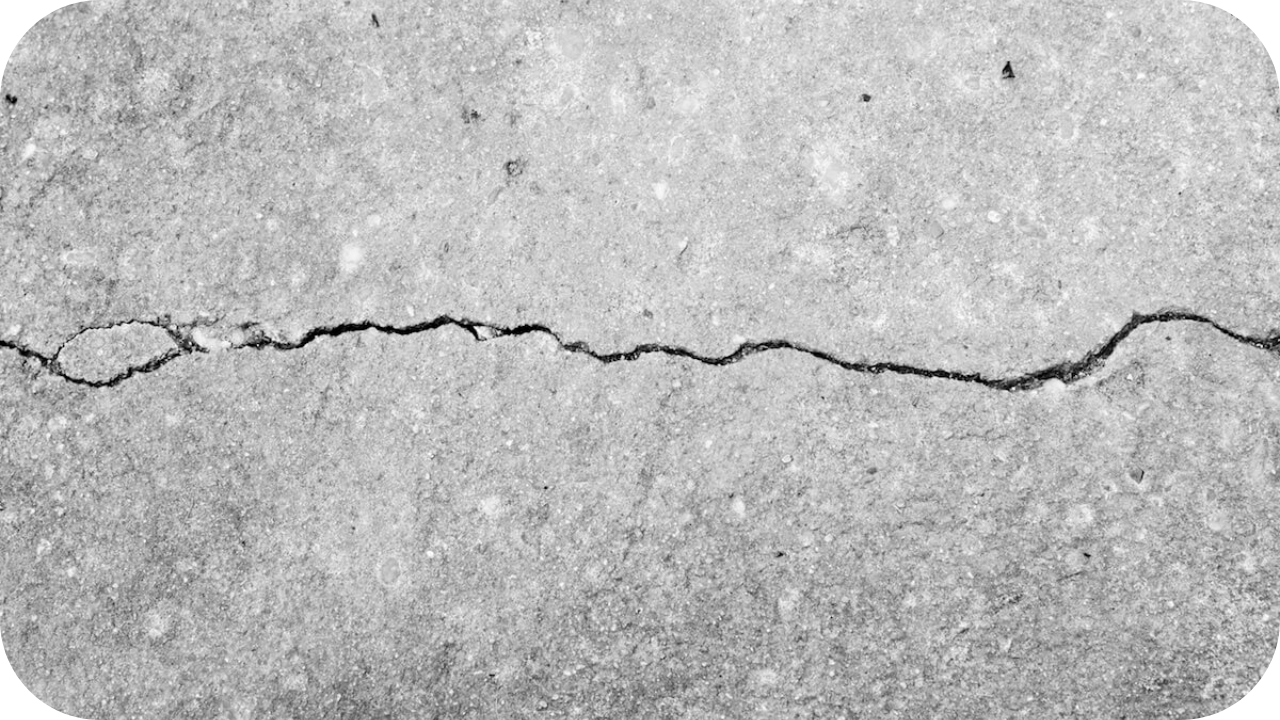
Concrete slabs can crack due to soil movement or improper curing. Conduct thorough soil testing before installation and reinforce the slab with steel mesh or rebar to minimise cracking risk.
High humidity or poor drainage can cause moisture issues, leading to dampness or mould growth.
Ensure proper drainage around the slab and install moisture barriers during the foundation process to prevent moisture penetration.
Some soils are prone to shifting, which can affect the stability of the slab. Install under-slab insulation and moisture barriers to reduce shifting risk and ensure long-term stability.
Inadequate soil compaction before pouring the slab can lead to uneven settling or foundation instability.
Ensure proper soil compaction and site preparation by using a professional team to assess and stabilise the soil before pouring the slab.
Extreme temperatures during curing can impact the concrete’s strength and durability. Monitor and control the curing environment by using curing compounds, insulating blankets, or wetting the slab during extreme temperatures to allow proper curing.
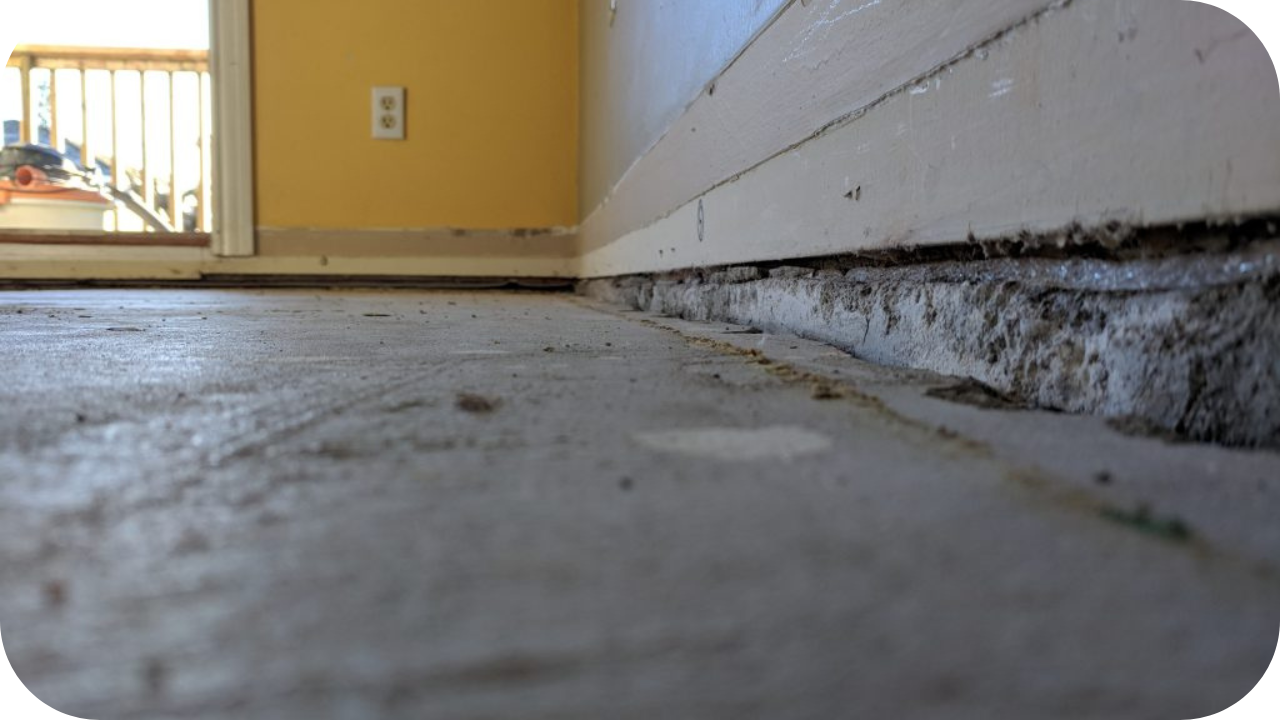
Inconsistent slab thickness or uneven surfaces can affect the overall structure and finish of the home.
Use precise levelling techniques during installation to ensure the slab is poured evenly, ensuring long-term structural integrity and a solid base for construction.
Concrete can expand and contract with temperature fluctuations, potentially leading to stress on the slab.
Incorporate expansion joints into the slab to accommodate natural movements and prevent cracking, especially in areas with temperature extremes.
Urban Pour is a trusted expert in concrete slab installation when building a strong foundation for your home. With our commitment to quality, precision, and customer satisfaction, we provide reliable solutions that ensure your home’s stability for years to come. Here’s why choosing Urban Pour guarantees the best foundation for your project.
Concrete slabs provide unmatched durability, cost-effectiveness, and long-term stability for Australian homes. Their energy efficiency, pest resistance, and quick installation make them ideal for a solid foundation. Contact Urban Pour today to secure a foundation built to last, backed by expert craftsmanship and reliable service for your next home project.

Safe concrete pours begin with strong, well-designed formwork. This article breaks down essential formwork rules that keep structures stable and reduce the risk of failures.
See more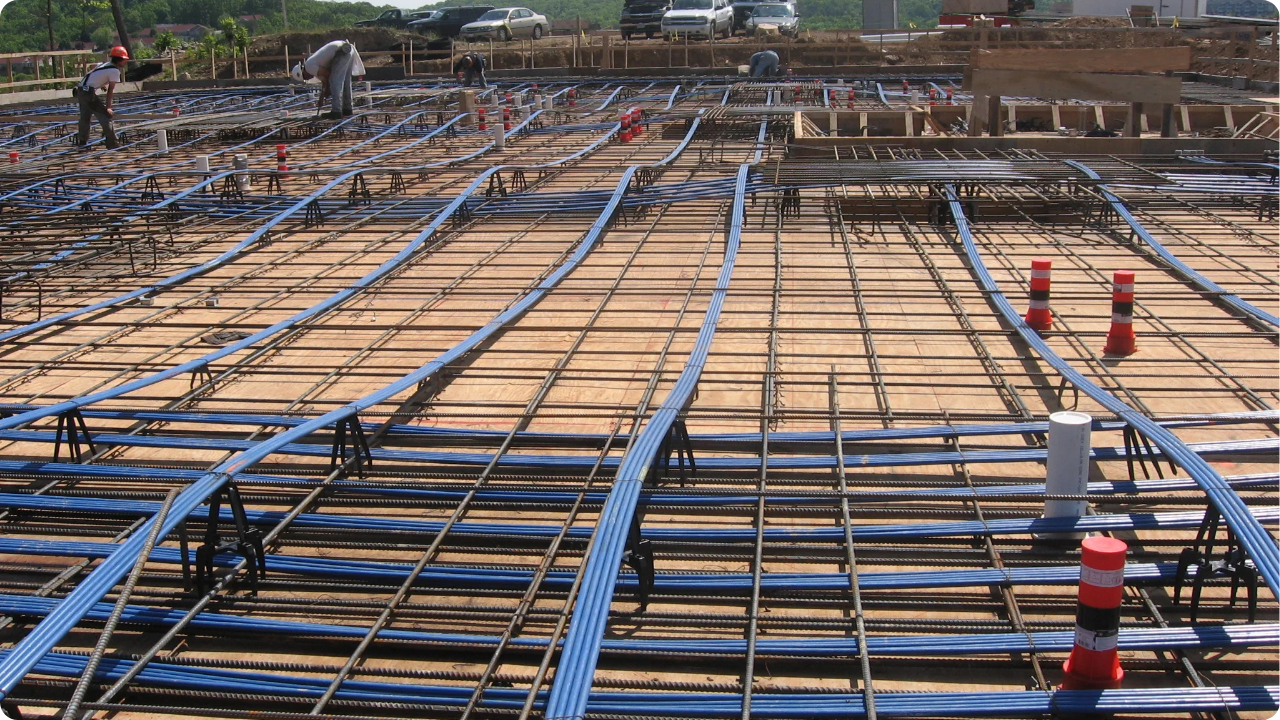
Poor post-tensioning can lead to cracking, deflection, and long-term structural issues. This article outlines common mistakes and shows how to avoid them for safer concrete performance.
See more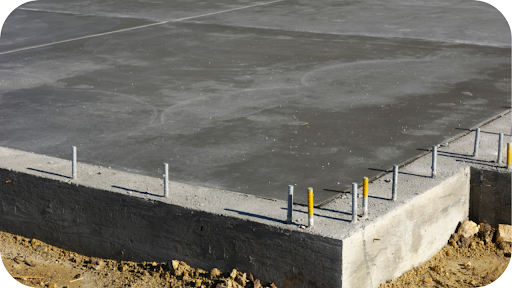
Choosing the right concrete slab thickness protects your project from cracks, movement, and costly repairs. Understand key factors like soil, loads, and engineering to build with confidence.
See more